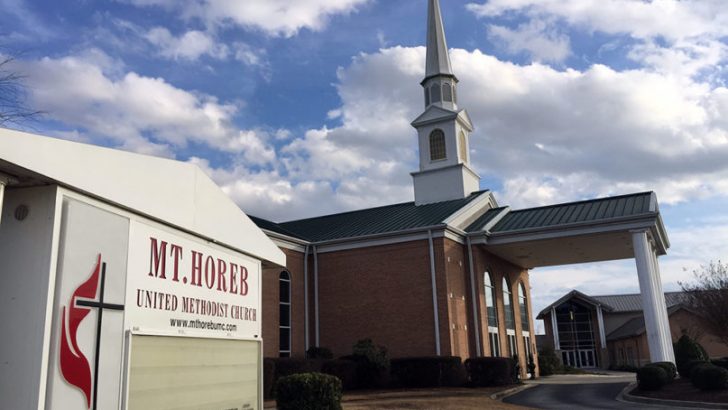A major gathering of the United Methodist Church has reaffirmed its teaching on homosexuality, rejecting same-sex unions and the ordination of sexually active homosexuals, prompting predictions that some American congregations who reject this teaching will leave the denomination.
The international gathering, called a Special Session of the General Conference of the UMC, drew over 800 ministers and lay leader delegates to St Louis from February 22-26.
The debate drew out different approaches to the authority of Scripture, marriage, and sexuality, but ultimately left the ecclesial community’s official teaching unchanged.
Scott Jones of the Methodists’ Texas Conference said the decision resolves a longstanding debate and is consistent with the ecclesial community’s teachings on human sexuality, which it has listed in its Book of Discipline since 1972.
That teaching states “the practice of homosexuality is incompatible with Christian teaching”. It bars “self-avowed practicing homosexuals” from ordination.
“We will continue to welcome lesbian, gay, bisexual, transgendered and queer persons to our churches and affirm their sacred worth,” said Mr Jones, according to the United Methodist News Service. “I pray we, as a denomination, can now move forward, working with each other in the spirit of Christian love and joining together as one. We are stronger together in serving God’s mission as a diverse body of Christ.”
The United Methodist Church is the largest mainline Protestant ecclesial community in the US, where it has about six million members. Almost one-third of its membership is from Africa. Non-US speakers from countries like Liberia and Russia were among the strongest backers of the successful proposal called the Traditional Plan.
Villages
“The progressive groups are loud, but they don’t have the numbers,” said Jerry Kulah, head of the UMC Africa Initiative, who said he was sorry so much time and money was spent debating homosexuality.
A pro-LGBT vote would have made the ecclesial community a “laughingstock” in Africa, he said, according to the Washington Post. “I’m happy to go back to old ladies and old men in villages who received the Bible from missionaries and let them know that the Bible hasn’t changed.”


 Photo by Yonat Shimron
Photo by Yonat Shimron 